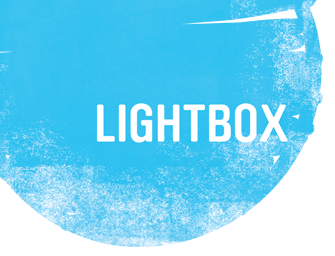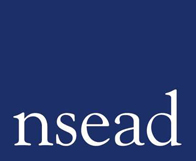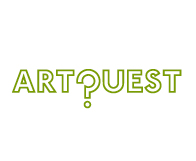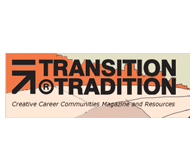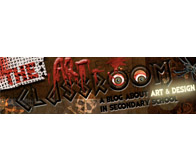Senior Lecturer in Fine Art, Staffordshire University
www.staffs.ac.uk/fineart
[expand title=”1. What should students be asking about the course (Facilities and Visiting Lecturers . . .)” alt=”1. What should students be asking about the course (Facilities and Visiting Lecturers . . .)”]
At interview, I’d hope that a prospective student will already have some idea of the structure and content of the course they are applying to, and have done a bit of research into it. If they have, it shows that they have done their homework, and puts them in a position where they can ask questions about specific modules and about how things are assessed. Remember that an interview for a course is also a chance to make sure that the course is right for you, so if there are any questions you have about it, you should get them answered at interview. We’d hope that you’ll have visited an open day on campus in advance of your interview, but if you haven’t had the chance to have a look around, don’t be afraid to ask for a tour of studios and workshops. If you’re able to meet some current students, that too can be a helpful experience, and will give you an idea of whether the group dynamic will suit you. This is particularly useful if you’re applying to postgraduate courses which typically have smaller group sizes.
[/expand]
[expand title=”2. Once a student has achieved the appropriate UCAS points what sort of qualities should they emphasise in their application? (What are you looking for – Do you look for extra curricular activities?)” alt=”2. Once a student has achieved the appropriate UCAS points what sort of qualities should they emphasise in their application? (What are you looking for – Do you look for extra curricular activities?”]
Personally, I prefer to focus more on getting to know the applicant at interview, and tend to read their written statement afterwards before making a decision. The sorts of extra-curricular activities that catch my eye are ones that demonstrate the prospective student’s enthusiasm for the subject. Things like exhibitions attended, artist’s talks or workshops they have been to, or volunteering in galleries are always indicators that the interviewee has a connection to the subject and an interest that goes beyond the course they are on.[/expand]
[expand title=”3. What do you want to see in a portfolio?” alt=”3. What do you want to see in a portfolio?”]
In a word – potential. Interviewers understand that you might be attending an interview before you have had a chance to specialise in the area you’re most interested in. You should try therefore to include as wide a range of work as possible in as many different media as you can, even if the work is in a sketchbook. The Fine Art course we run at Staffordshire is not media-specific, so we are keen to see how effectively you can express your ideas in a wide range of different media. We’re also really keen to hear you evaluate your work as you talk us through your portfolio: what worked, what would you change, what could be improved? This gives us a sense of how you think through your work and how engaged you are with the sorts of questions and concerns that matter to contemporary artists.[/expand]
